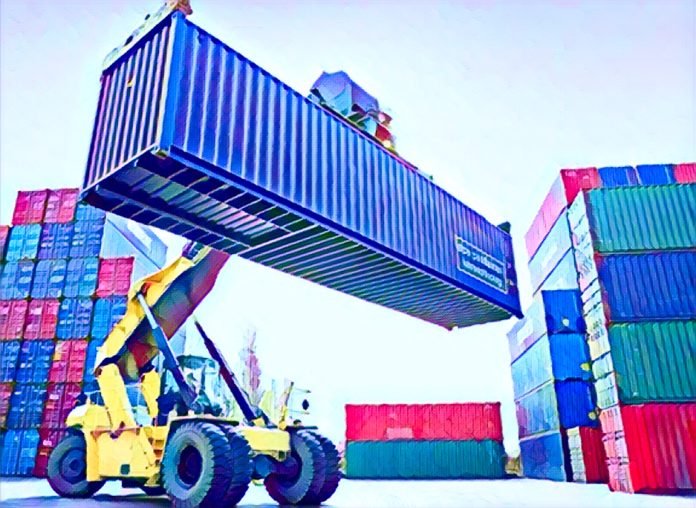Key Points
-
Local exporters lose out in non-oil exports boom.
-
Foreign dominance reduces Nigeria’s non-oil export benefits.
-
Experts urge value addition and better funding for local firms.
In the midt of the rapid growth of Nigeria’s non-oil exports, local investors say they are losing control of the industry to better-funded foreign players from Asia — particularly India, China, Lebanon, and Vietnam.
Reports from the National Bureau of Statistics (NBS) and the Nigerian Export Promotion Council (NEPC) show non-oil exports grew to N4.8 trillion in the first half of 2025, marking a 391 percent increase from N977 billion in 2021.
While the NEPC hailed this as proof that President Bola Tinubu’s Renewed Hope Agenda is working, industry leaders argue that the surge benefits foreigners more than Nigerians.
According to Dr. Ojo Ajanaku, President of the National Cashew Association of Nigeria (NCAN), small and medium exporters are struggling to compete because they lack access to affordable funding and face stifling bureaucracy.
“We have the capacity to produce and export more, but funding remains our biggest hurdle,” Ajanaku told Vanguard.
“Foreigners come in with cheaper loans, often in foreign currency, and easily access Nigerian bank financing.”
He said many foreign buyers bypass Nigeria’s Export Proceed Form (NXP) — a violation that deprives the nation of billions of naira in repatriated export revenue.
“These foreign operators buy cashew and other commodities locally and export them without filling the NXP Form. That means the money they earn never returns to Nigeria,” he explained.
He also accused foreign buyers of encouraging premature harvesting by offering quick cash, which he said lowers crop quality and hurts future yields.
Foreign domination limits Nigeria’s non-oil export growth
The NCAN president lamented that despite being one of the world’s leading cashew producers, Nigeria has dropped from first to fourth place due to poor local processing and competition from better-equipped foreign investors.
“If we process what we produce, we’ll earn more,” he said. “But the cost of processing in Nigeria is high — power, logistics, and administrative bottlenecks make it unprofitable.”
Ajanaku urged the government to introduce special agro-processing loans with 3 to 5 percent interest rates and minimal collateral to help local exporters compete globally.
He also called for energy incentives for agro-processors to boost productivity.
“We need a serious intervention if we want Nigerians to benefit from the non-oil export boom,” he said.
“If the government supports us, we can create millions of jobs and reduce dependence on oil.”
He added that abandoned farmlands currently occupied by bandits could be reclaimed for cash crops like cashew, cocoa, and rubber to revive the economy.
Analysts call for shift to value-added exports
Analysts agree that Nigeria’s non-oil sector is expanding but warn that growth remains shallow because most exports are raw commodities.
Dr. Mark Ojobi, an economist at Yakubu Gowon University, said subsidy removal and naira devaluation have made exports more profitable but not necessarily more beneficial.
“Exporters are making profits, but Nigeria earns less because we still ship raw products like cocoa, sesame, and cashew,” Ojobi said.
“If we add value, the same quantity could fetch four times the revenue.”
Chief Peter Ameh, a public affairs analyst, said informal exports across Nigeria’s borders with Benin, Niger, and Cameroon distort real figures.
“Many transactions are unrecorded. Our NBS data only estimates part of what leaves the country,” Ameh noted.
Civil society groups like the Civil Society Legislative Advocacy Centre (CISLAC) echoed these concerns. Its Executive Director, Auwal Musa, said: “We are exporting but not developing.
The focus should be on improving local participation and value chains, not just publishing high export figures.”
Responding, NEPC spokesperson Ndubueze Okeke said the agency is aware of the concerns but noted that issues such as high interest rates and port delays fall under the purview of the Central Bank of Nigeria (CBN), commercial banks, and the Nigerian Ports Authority (NPA).



